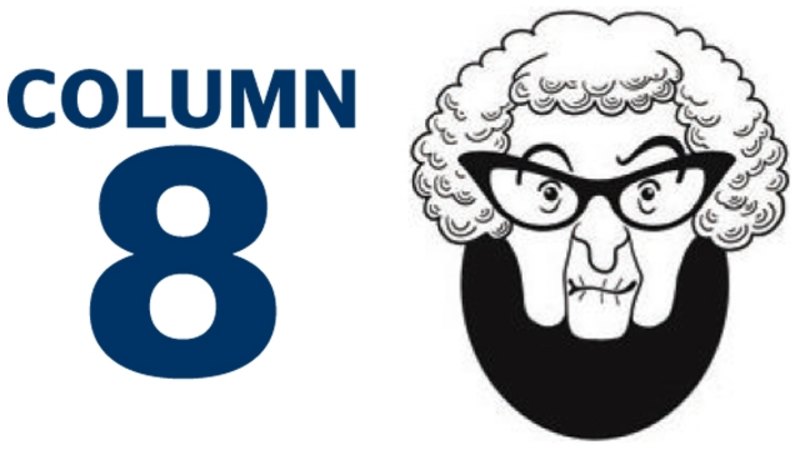
UPDATE: A hospital visit has ignited outrage among families after an incident involving discarded personal belongings. Barbara Ryan from Caringbah South recounted her late father’s distressing experience during a recent hospital stay. The incident highlights significant issues surrounding patient care and personal property management.
While undergoing a procedure, Ryan’s father had brought a jar of sherry—a cherished pre-dinner ritual. However, upon returning from surgery, he discovered that a nurse had thrown out his drink, claiming he did not need to provide a urine sample. Ryan expressed her disbelief, stating, “Just as well they didn’t send it to the lab.” This alarming story has resonated deeply, prompting widespread discussion about hospital protocols regarding personal items.
In related news, public sentiment continues to evolve as more readers share their own experiences with hospitals and public services. Andrew McCarthy of Toormina noted that Carlton United Breweries has occasionally produced limited runs of nostalgic beers, provoking memories of past favorites.
Moreover, Col Begg from Orange reflected on the practicality of the once-common Globite school case, now a relic of the past filled with forgotten lunch remnants. This nostalgic commentary adds a human touch to the ongoing dialogue about everyday life and its challenges.
Leonie Barrett, supported by Peter Mayes from Petersham, highlighted the importance of public phones in emergencies. Barrett’s daughter found herself stranded after falling asleep on the last train out of Sydney. With a dead mobile phone and no money for a taxi, she managed to call her mother for help at 1:00 AM. “Telstra, we love you!” Mayes chimed in, emphasizing the critical nature of reliable communication systems.
Brian Harris from Port Macquarie attempted to assist Barrett by using a public telephone, only to realize all his contacts were stored on his mobile phone. This incident underscores the growing reliance on smartphones in critical situations.
Geoff Gilligan from Coogee nostalgically recalled his fourth-grade teacher’s unique disciplinary tool, a wooden model named Mr. Swivelhead. This anecdote draws parallels to today’s educational challenges, with Gilligan humorously noting that he may have been classified as ADHD in contemporary classrooms.
Lastly, Alison Brooks from Hope Island questioned the current era we live in, wondering if it resembles the past cultural movements such as the Charleston era. Her query reflects a broader societal contemplation about identity during these rapidly changing times.
As more readers share their stories, the conversation surrounding personal experiences in hospitals and public services grows. The urgency of these discussions highlights the need for improved communication and care protocols within healthcare systems.
For ongoing updates and to share your own experiences, readers are encouraged to contact [email protected] with their names, suburbs, and daytime phone numbers. Stay tuned as we continue to follow this developing story and the implications it has on patient care and public services.






